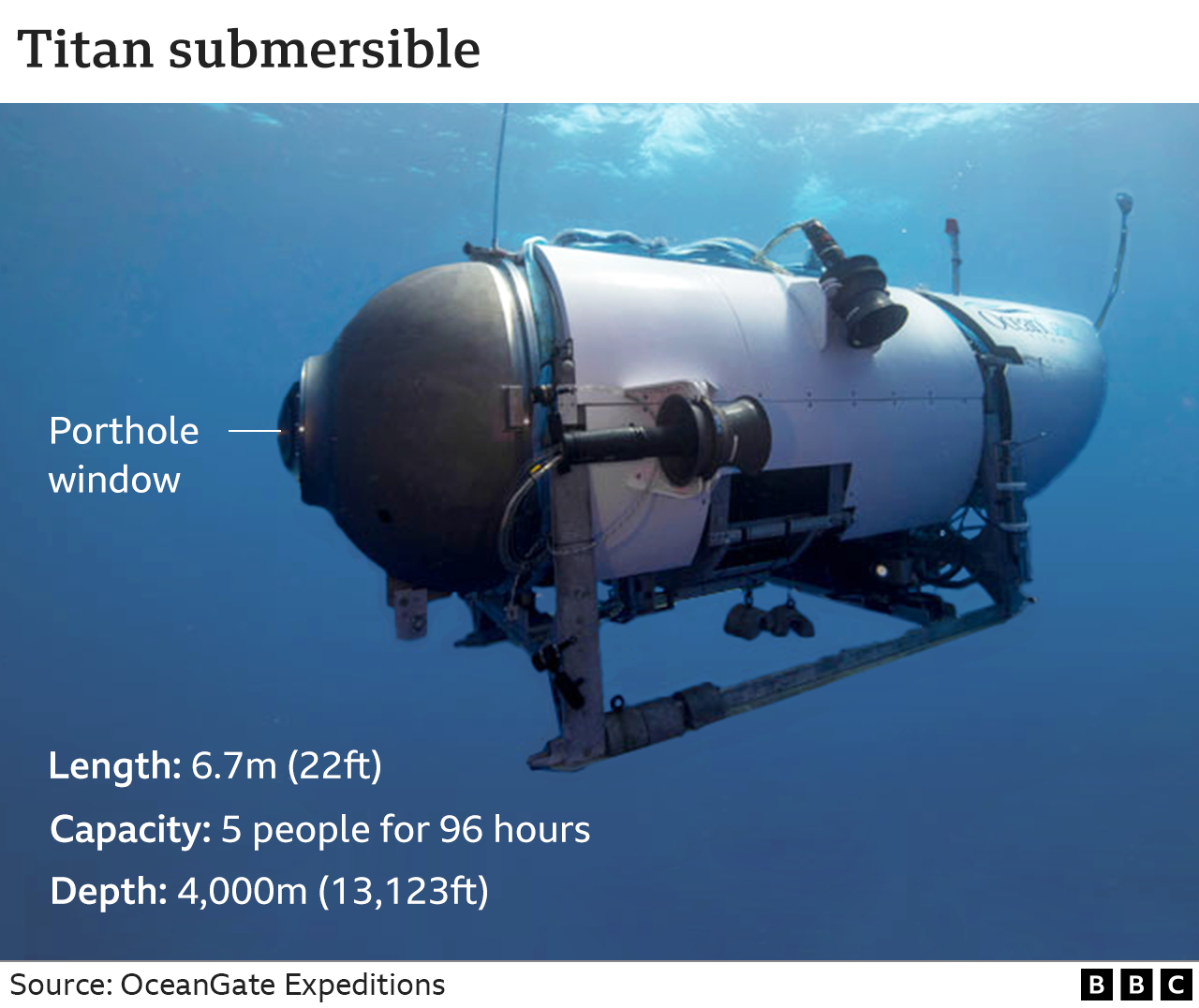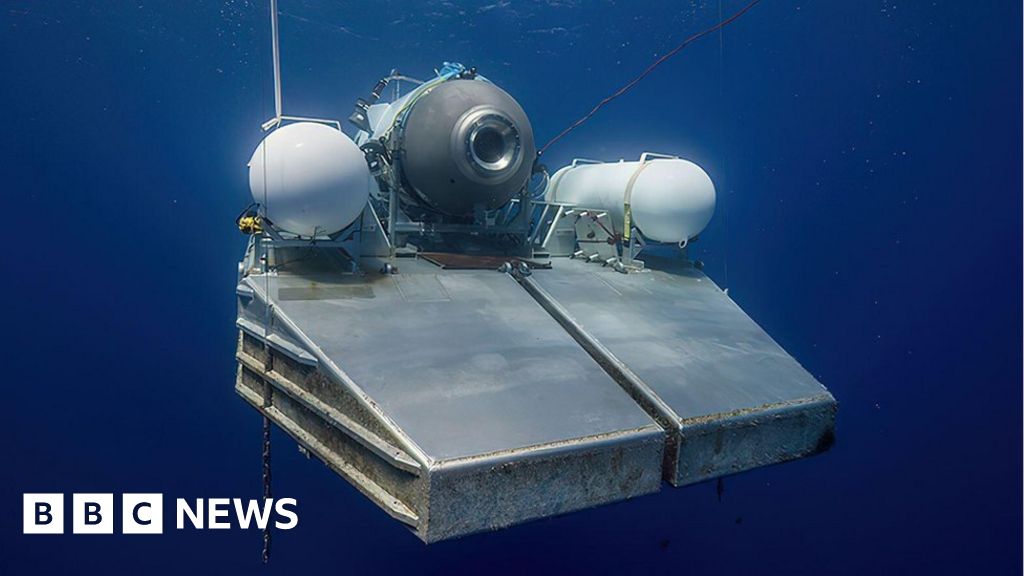Being confined to a 22-foot submersible, possibly thousands of feet underwater, with oxygen running low, is a claustrophobic and terrifying idea.
The location of the Titanic submersible is unknown, as well as the five crew members' conditions. There is a race against time to locate the sub before it is too late because it is believed that the vessel may have less than 10 hours of oxygen left.
As Dr. Ken Ledez, a specialist in hyperbaric medicine at Memorial University in St. John's, Newfoundland, has stated to BBC News, those on board are also at risk of running out of oxygen.
The vessel might not have had electrical power, which would have affected how much oxygen and carbon dioxide were present inside.
With potentially fatal results, as the oxygen level drops, the crew will be exhaling a greater percentage of carbon dioxide.
"As carbon dioxide levels rise, it becomes sedative, similar to an anesthetic gas, and you will fall asleep. ".
If untreated, hypercapnia, or having too much gas in the bloodstream, can be fatal.
Ryan Ramsey, a former captain of a Royal Navy submarine, claims to have watched interior Titan videos online but was unable to see any scrubbers, a carbon dioxide removal system.
The biggest issue, in his opinion, is "that," he claims.
The crew is also in danger of hypothermia, which occurs when the body becomes too cold.
Capt. Ramsey claims that the water's temperature will be close to zero degrees Celsius if the sub is on the seafloor. If it has also lost electricity, it won't be producing any power and won't be able to produce heat.
The crew's ability to communicate with the search and rescue mission, such as by repeatedly banging on the sub's hull in an effort to draw attention, will deteriorate due to hypothermia, a lack of oxygen, and a buildup of carbon dioxide.
Dr. Ledez claims that if a person is unconscious, they won't be able to do much to help themselves.

Although the Coast Guard has issued a warning that there is likely not much oxygen left, the crew may be able to conserve their supplies — at least temporarily.
Although Mr. Ramsey acknowledges that given the stress they would be experiencing, slowing their breathing might be challenging, it would still be beneficial.
If they still have access to electricity, Dr. Ledez advises that they could disperse carbon dioxide-absorbing granules or cut back on their usage.
Despite all of these difficulties, he cautions against ending the search and rescue effort too soon, stating that they might be able to survive even when oxygen levels are extremely low.
Dr. Ledez claims that if anyone can endure it, it is these people. "They may still be alive, but it just depends on them having the ability to find things and create these controls, which depends on them having power and light.
. "







